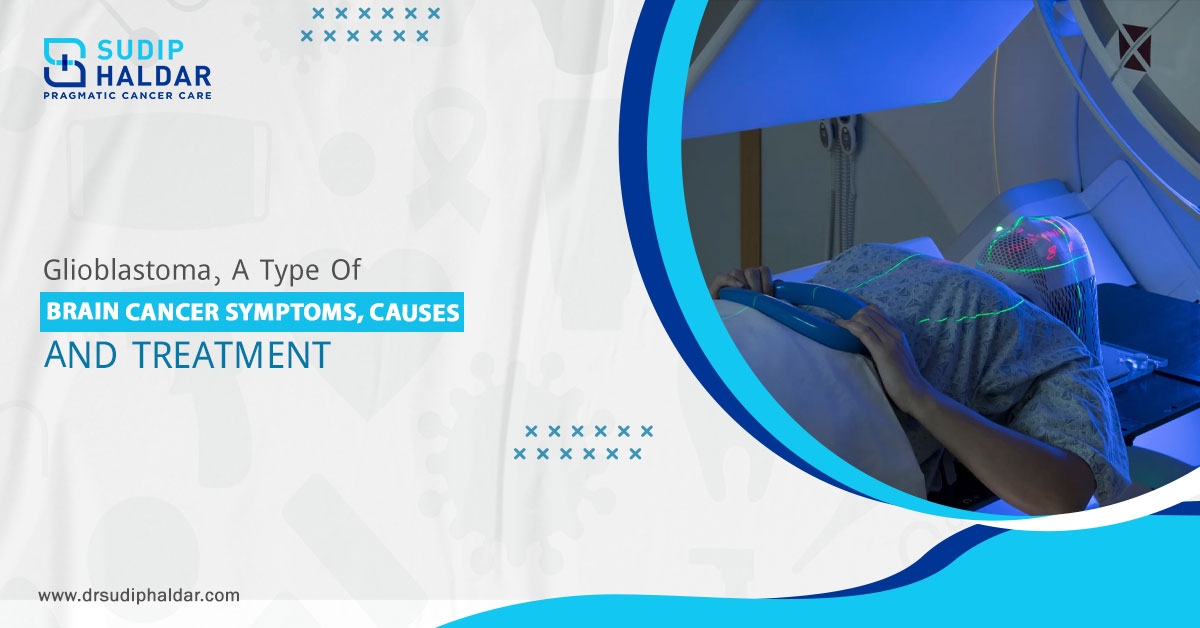Gynecological cancer is a form of cancer that starts in the female reproductive tract. It includes uterine cancer, vaginal cancer, cervical cancer, ovarian cancer, etc. Each variety has different and similar symptoms. Therefore, without a medical diagnosis, it might be difficult to know the exact type of gynecological cancer. You might visit the best cancer surgeon in Siliguri to get a diagnosis and treatment for gynecological cancer.
Let’s talk about the six common and rare gynecological cancer, their symptoms and treatment choices:
Cervical cancer
As per data, cervical cancer is the fourth most common cancer in women worldwide. In 2022, about 660,000 cases came to light. In its early stages, there are almost no clear symptoms of cervical cancer, usually asymptomatic. Consult one of the top oncologists in Siliguri for cervical cancer treatment.
More advanced cervical cancer shows signs and symptoms.Cervical cancer begins in the cells of the cervix – the lower part of the uterus. Human papillomavirus or HPV is the most common cause of cervical cancer that passes through sexual contact.
Symptoms
- Vaginal bleeding that comes after intercourse, menopause, or between periods
- Havey menstrual bleeding that lasts for an extended time (more than 7 days)
- Pelvic pain or pelvic pain during intercourse
- Abnormal or watery, bloody vaginal discharge may that a foul odor
Treatment
- Surgery
- Radiation therapy
- Chemotherapy
- Targeted therapy
- Immunotherapy
- Palliative care
Ovarian cancer
This cancer affects and starts in the ovaries. These female reproductive organs create eggs. Often, ovarian cancer remains undetected until it spreads within the pelvis and stomach. Ovarian cancer affects both women and people assigned female at birth.
Symptoms
- Unexplained weight loss
- Back pain
- Abdominal pain
- Abdominal bloating
- Abdominal swelling
- Frequent urination
- Fatigue
- Constipation
- Diarrhea
- Vaginal discharge
- Abnormal bleeding
Treatment
- Surgery
- Chemotherapy
- Hormone therapy
- Targeted therapy
- Immunotherapy
- Palliative care /supportive care
Uterine cancer
Uterine cancer develops in the uterus, also known as carcinoma endometrium. More commonly, uterine cancer starts in the lining of the uterus – endometrium. Over 90% of this type of cancer begins in the endometrium. You might visitthebest cancer surgeon in Siliguri for uterine cancer.
Symptoms
- Abnormal vaginal bleeding
- Lower abdominal pain
- Clear vaginal discharge in the postmenopausal period
- Spotting after menopause
- Heavy periods that last long
Treatment
- Surgery
- Chemotherapy
- Radiation therapy
- Immunotherapy
- Hormone therapy
- Targeted therapy
Vaginal cancer
Vaginal cancer is the cancer of the vagina, a rare type of gynecological cancer. The vagina is a muscular tube that links the uterus or womb to the outer genitals, known as birth canal. Women with HPV over the age of 60 are likely to develop vaginal cancer.
Symptoms
- Vaginal bleeding after menopause; vaginal bleeding after intercourse
- Painful urination
- Constipation
- A frequent need to urinate
- Abnormal vaginal discharge
- Pelvic pain
- A mass in the vagina
Treatment
- Radiation therapy
- Chemotherapy
- Surgery
- Immunotherapy
- Palliative care
- Clinical trials
Vulvar cancer
It’s a cancer of the outer surface of female genitals, mostly found in older women. Vulvular cancer is one of the rarest types of cancer. This cancer usually forms as a lump on the vulva. Exposure to HPV and smoking may increase the likelihood of vulvular cancer.
Symptoms
- Itching that persists
- A lump
- Bleeding not from menstruation
- Patches of white skin
- Burning sensation
- Pain or tenderness during urination and sex
Treatment
- Surgery
- Chemotherapy
- Radiation therapy
- Immunotherapy
- Targeted therapy
Gestational trophoblastic tumor
Gestational trophoblastic disease is a group of tumors that grow during gestation or pregnancy, a rare condition. These tumors are malignant or cancerous or have the potential to become cancerous.
Symptoms
- Bleeding not related to menstruation
- Discarhaeg not related to menstruation
- Excessive nausea and vomiting
- Abnormally large uterus while pregnant
- Pain in the pelvic area
- Mass in the pelvic area
Treatment
- Surgery
- Chemotherapy
- Radiation therapy
Awareness of symptoms and access to fast treatment get you better outcomes. Ongoing studies on tests and treatments aim to bring more optimal results. Talk to your healthcare provider if you notice any such symptoms.





